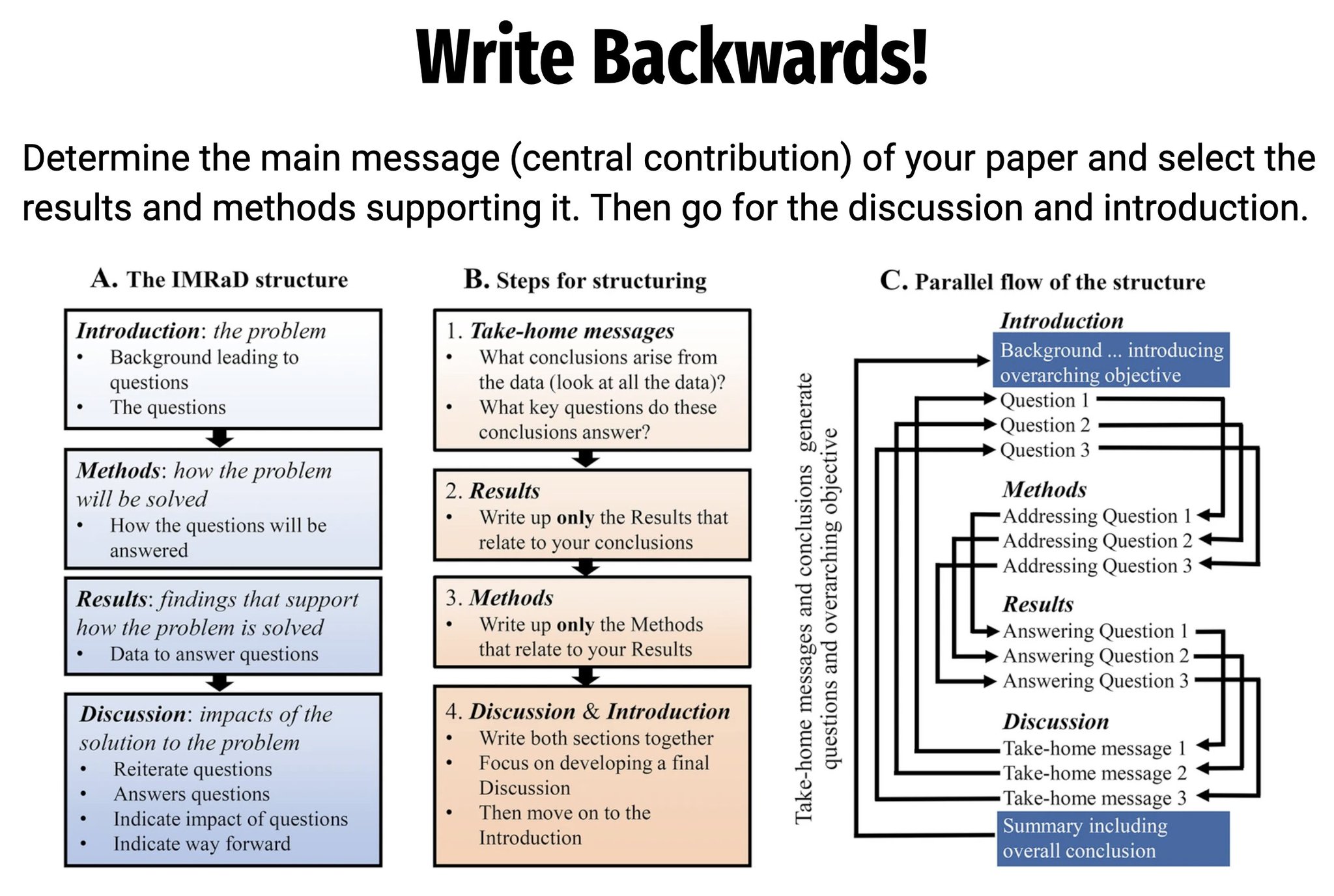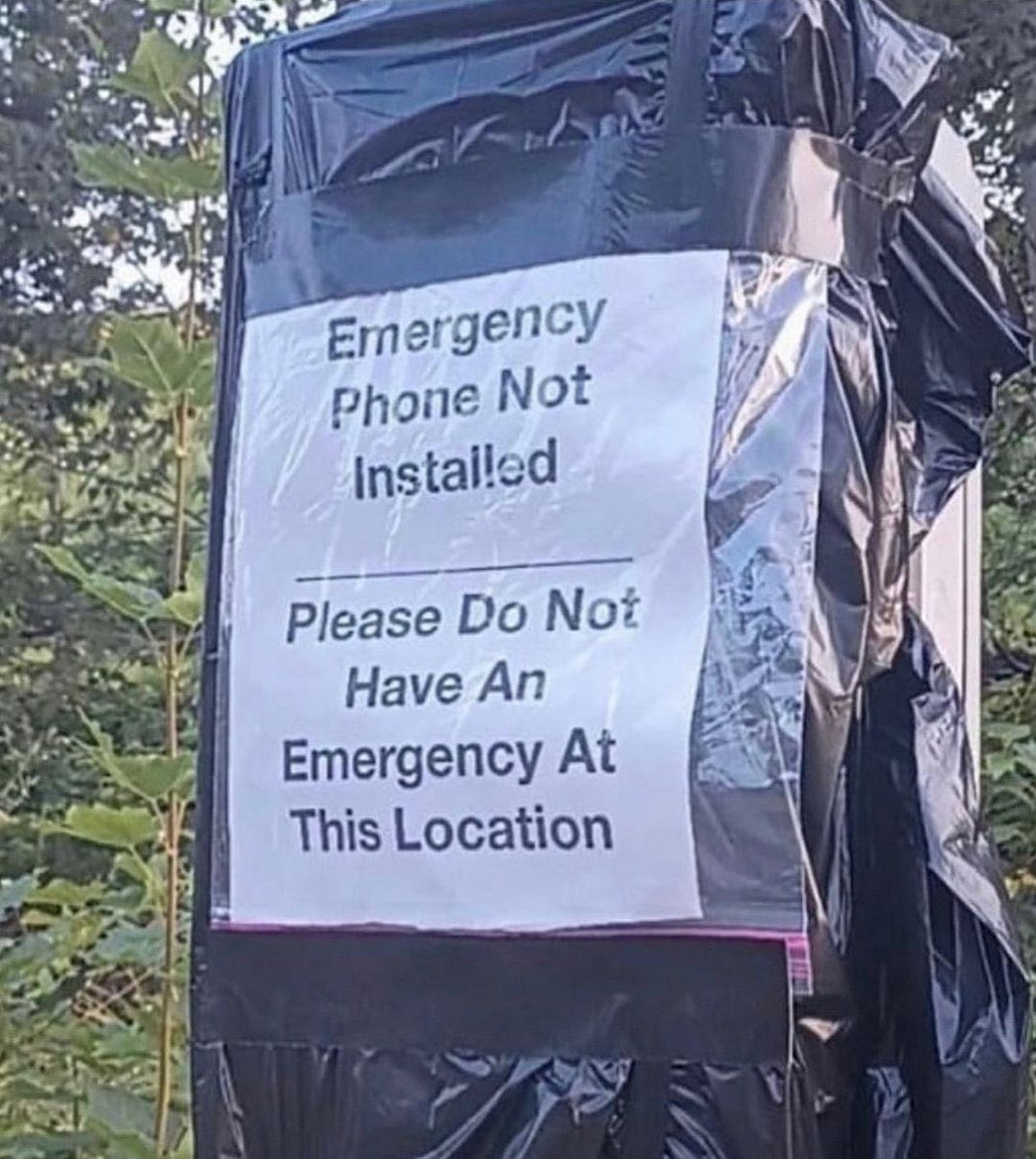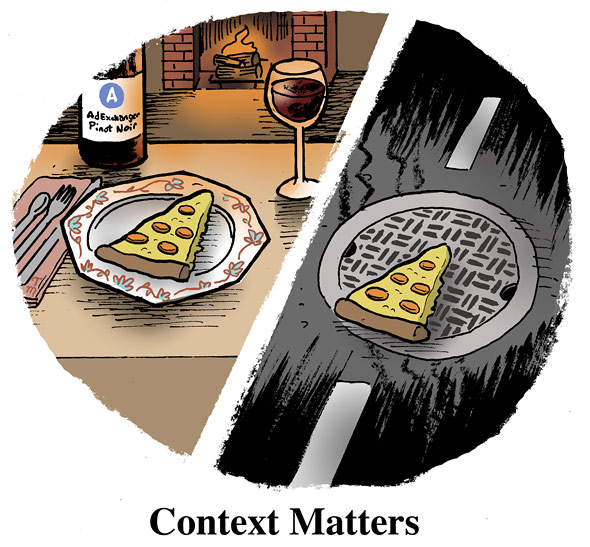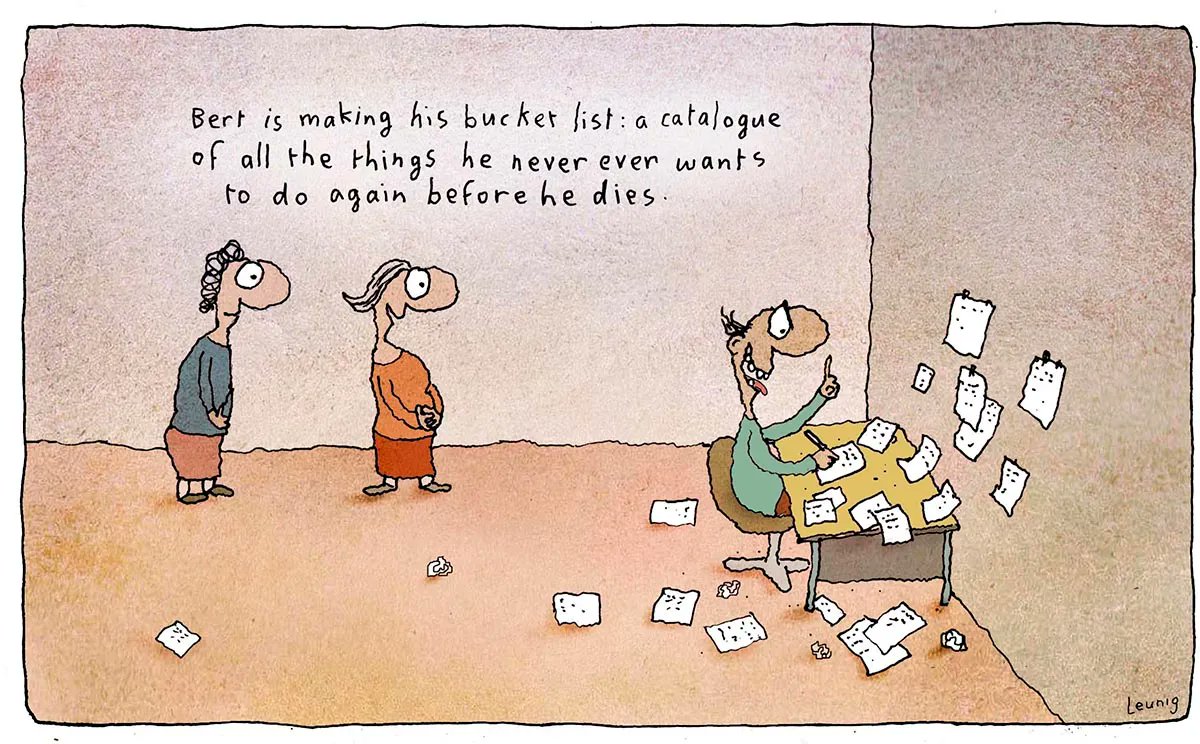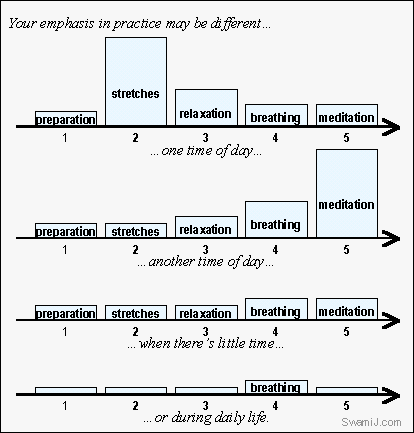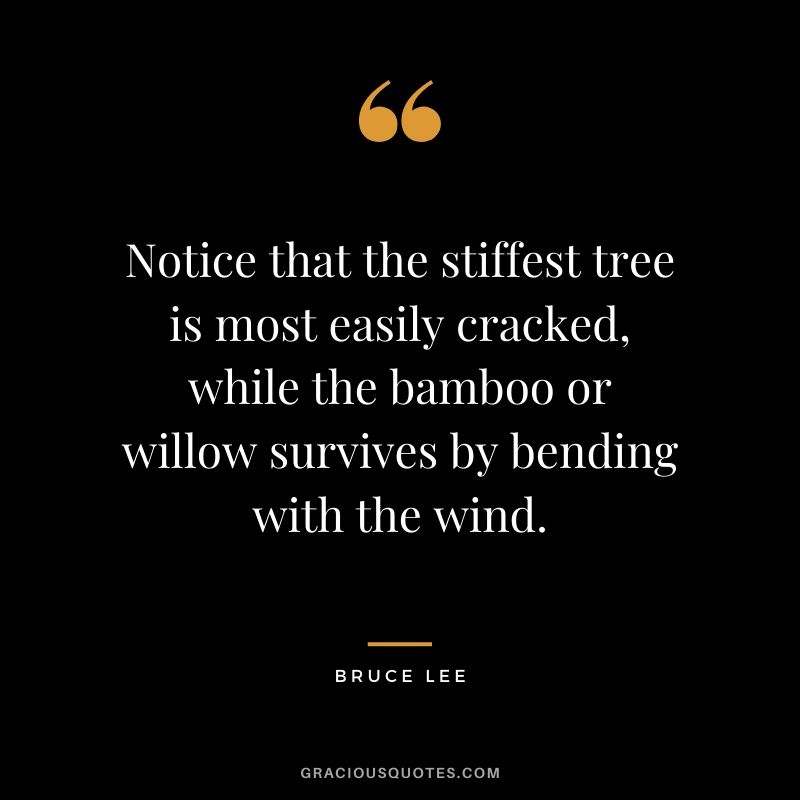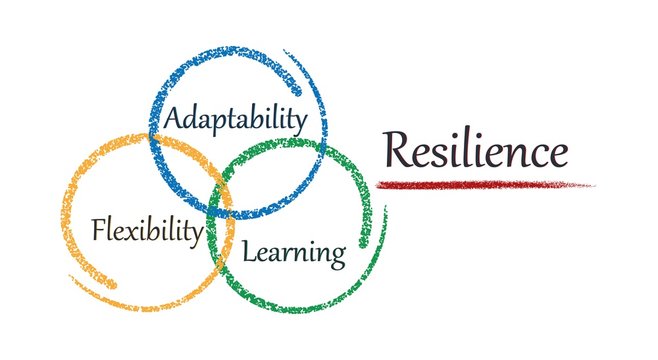tag > KM
-
Replace the news with INTREP
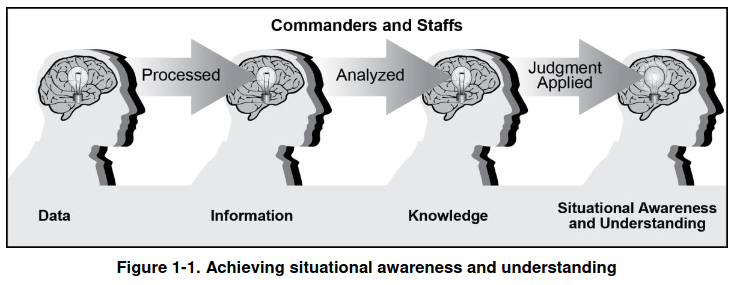
"The news" is a broken media format, causing more harm than good. Alternatives? INTREP - A intelligence report, consisting of “context”, “assessment” & “theory”. Contains documented and verifiable information relating to all sides of an event and/or issue. Provides contextual information, both current and historical, and factual assessments that lead to a theory.
Read more on the process of military Intelligence Analysis in this PDF.
-
Culture has become a tiny clown circus
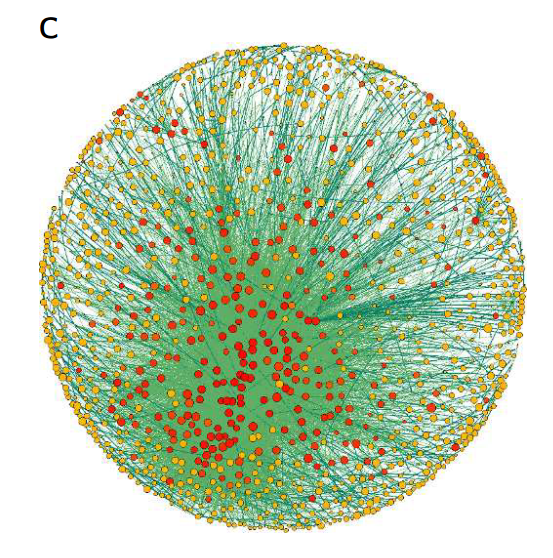
Through network analysis and sense making methods, it's easy to see just how tiny the western "thought leader" circus is in domains such as science, technology, philosophy, entrepreneurship, economics and entertainment. A highly controlled, self-referential echo-chamber where real innovation and dissent are sacrilege. And the few true outliers are mostly there as fish bait to guide surveillance systems and/or as controlled opposition. Great for comedy, bad for all else.
-
To those that present themselves as great thinkers by using complex & important sounding ideas:
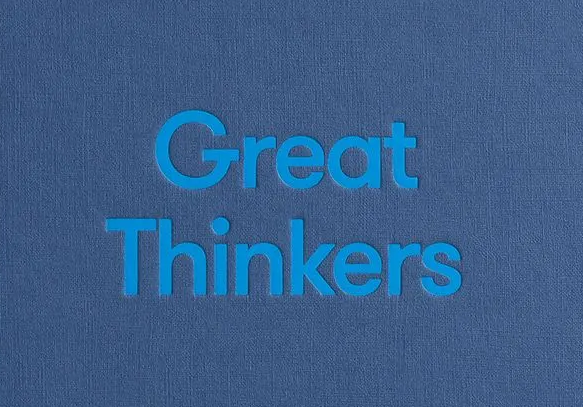
"Don't mistake scale for importance or ambition for significance"
"The ordinary is the extraordinary" - Wang Xiangzhai
"Simplicity is the ultimate form of sophistication" - Da Vinci
-
Critical Ignoring as a Core Competence for Digital Citizens - In an age of information overabundance, critical ignoring is as important as critical thinking.
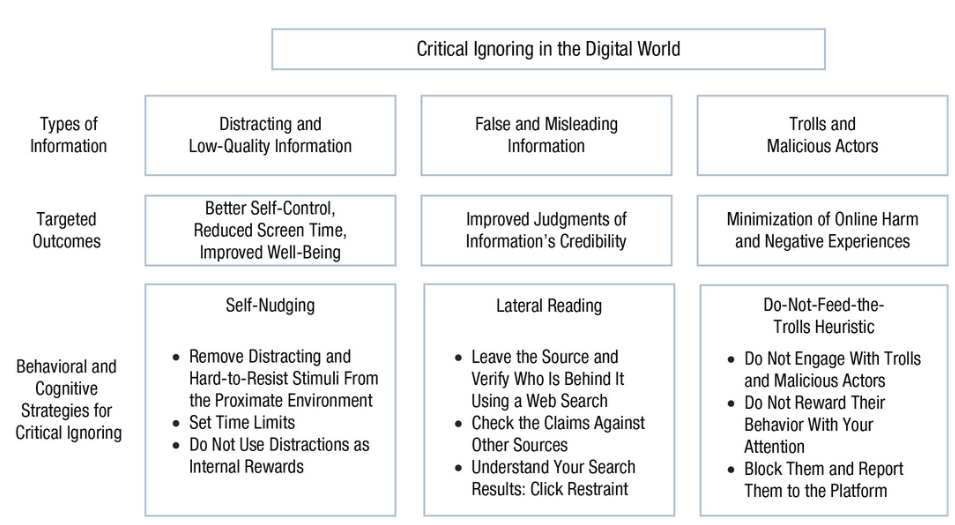
-
Monodisciplinary
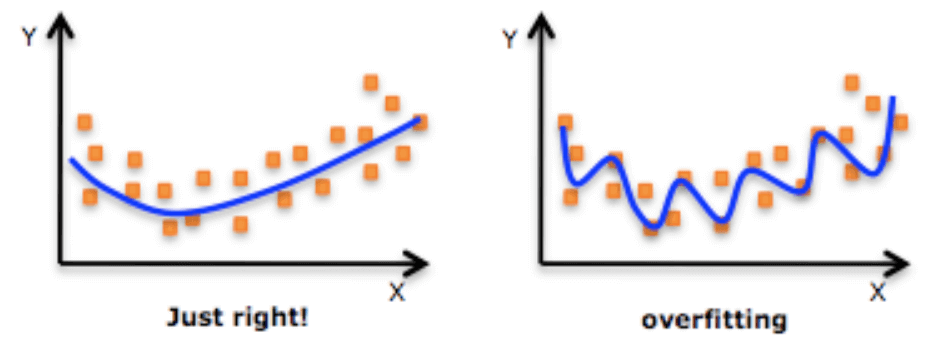
Many professionals in academia & industry have a tendency to overfit on their job/discipline category: "I am a pro in X & hence ONLY interested in X info & people". Such narrow minded "monodisciplinary" behaviour is bad for collaboration & creativity. Why does it keep happening?
-
In the OODA loop the control of "attention" is central, speed is simply one way that attention breaks.
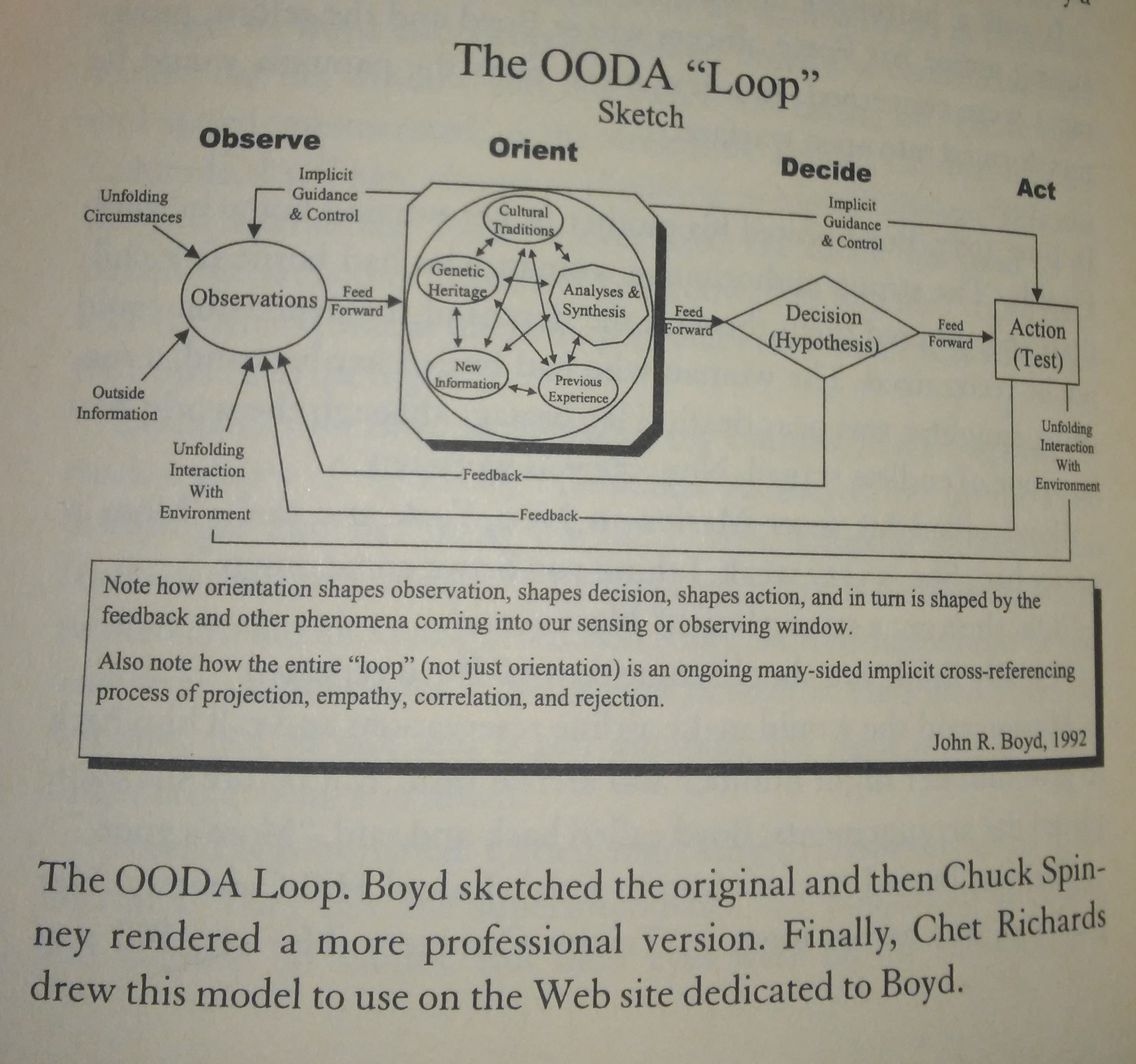
- Flee = Can't observe
- Freeze = Can't orient
- Fight = Can't decide
- Fawn = Can't act
-
"All types of knowledge ultimately means self knowledge" - Bruce Lee
-
"Logic is about thought, not about concrete objects. Foundations are impossible ex nihilo since they would involve a thought located outside the thought." - Jean-Yves Girard

-
“Double Diamond” - from “Designing Social Systems In A Changing World” - Béla H. Bánáthy (1996)

#Comment: This influential design framework, as with most of the systems thinking of that time, is in my opinion best described with Wolfgang Pauli's famous saying "Not only is it not right, it's not even wrong."
Certainly there are more interesting and fun "active divination" and "reality tunnel management" (RTM) systems out there to explore, that are not limited by the contemporary totalitarian cult of scientism.

-
The act of compression, distillation and modeling of information/knowledge/matter within a truly infinite reality has similarities to constructing sandcastles: Fun play time with sand and water.
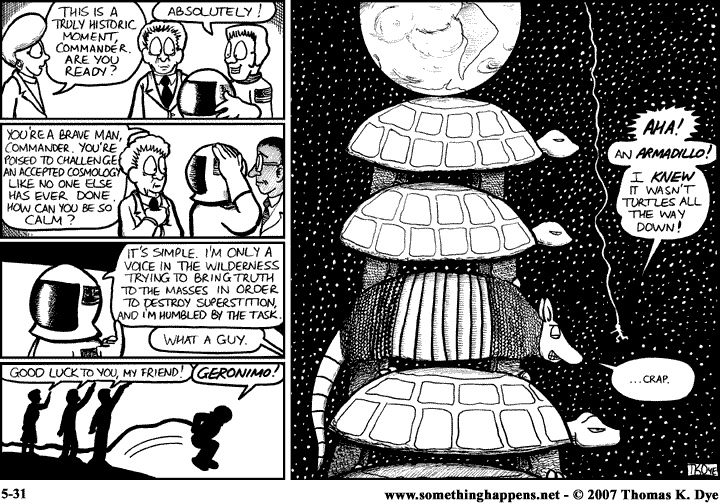
-
Most knowledge is about driving action through practice - which can't be effectively prescribed from above, only cultivated from beneath. Most efforts by leading global private/public "knowledge ecosystem" institutions ("Science Inc.", etc.) are political / commercial power-plays - disguised, corrupted and confused.
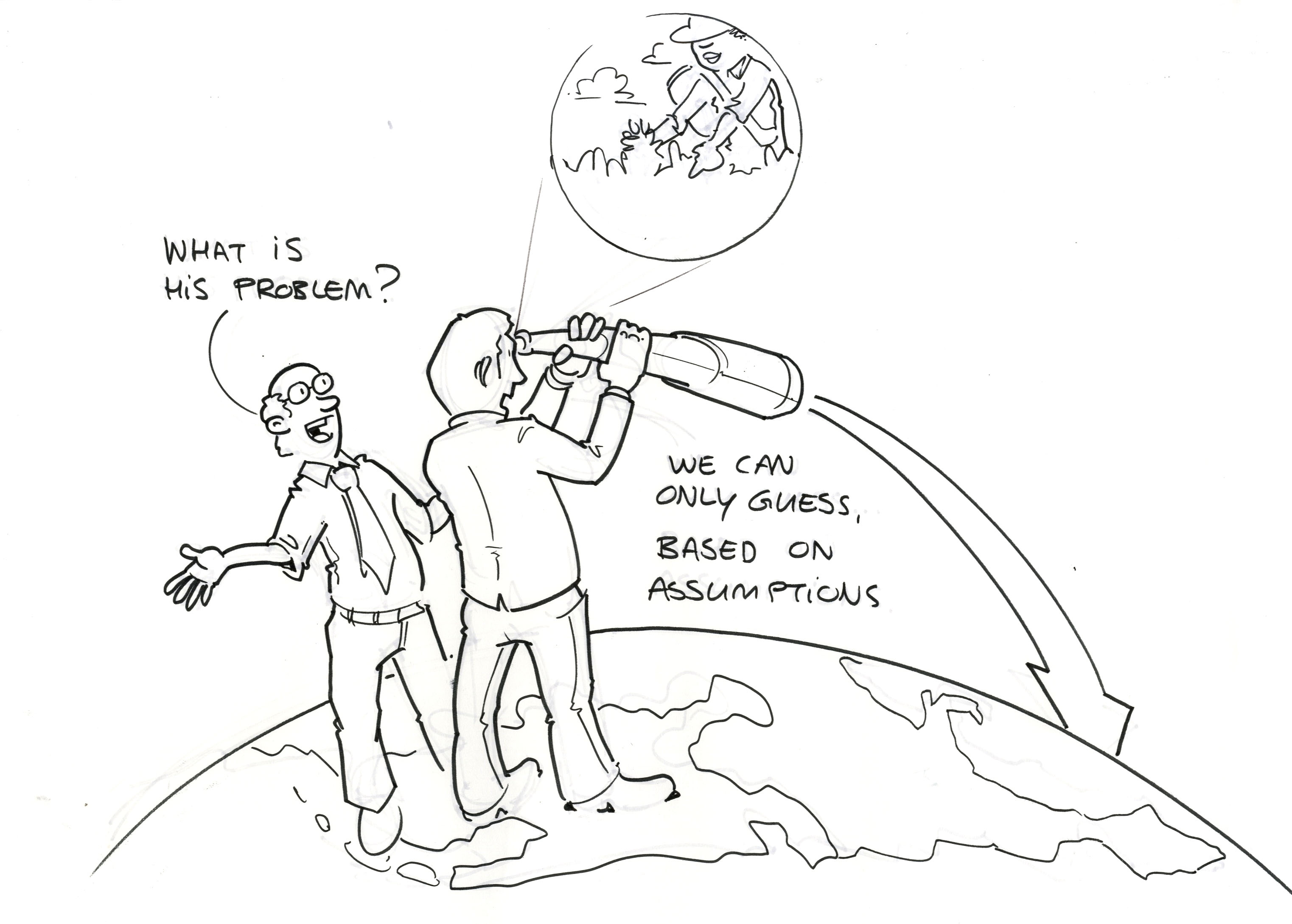
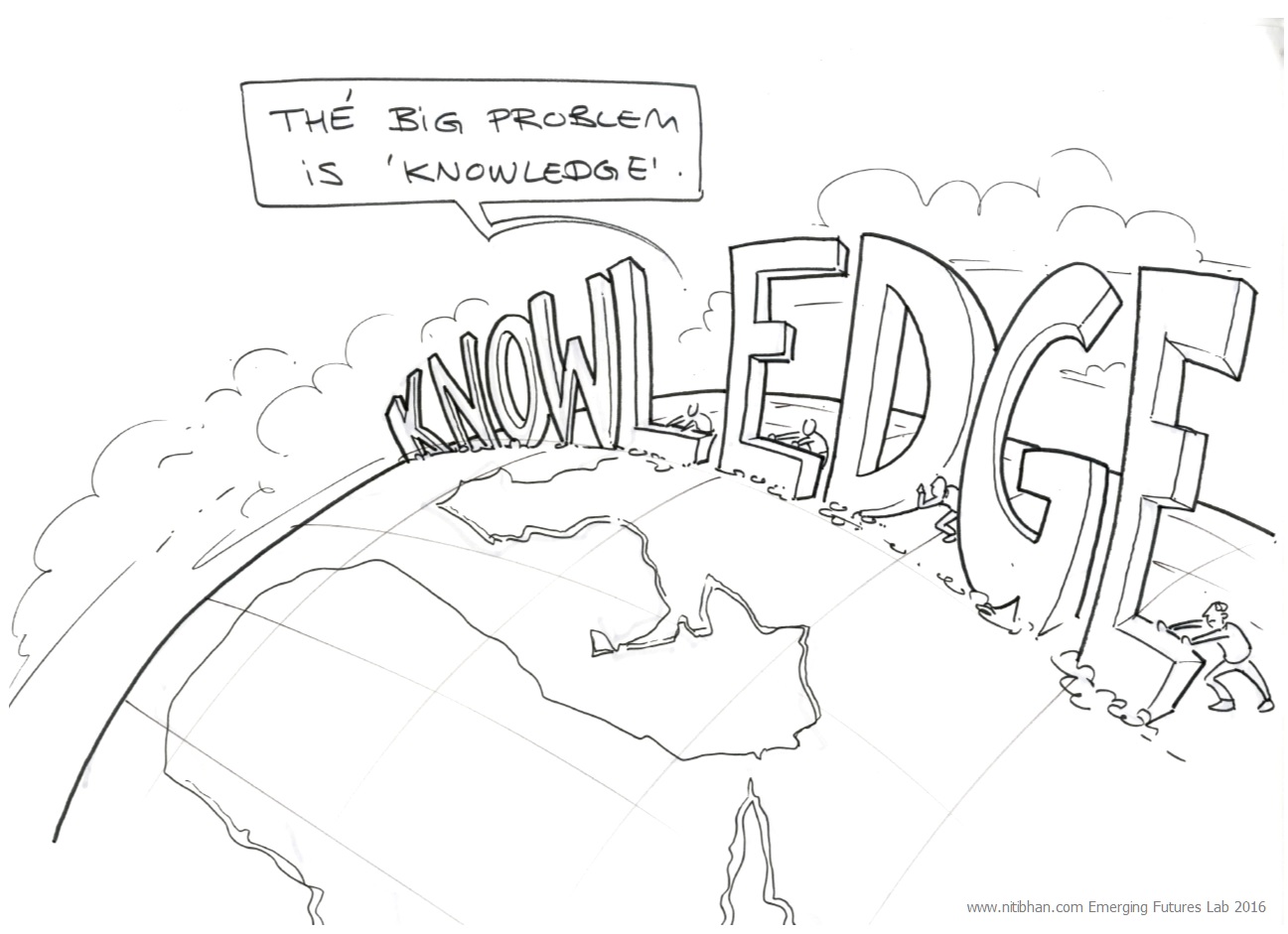
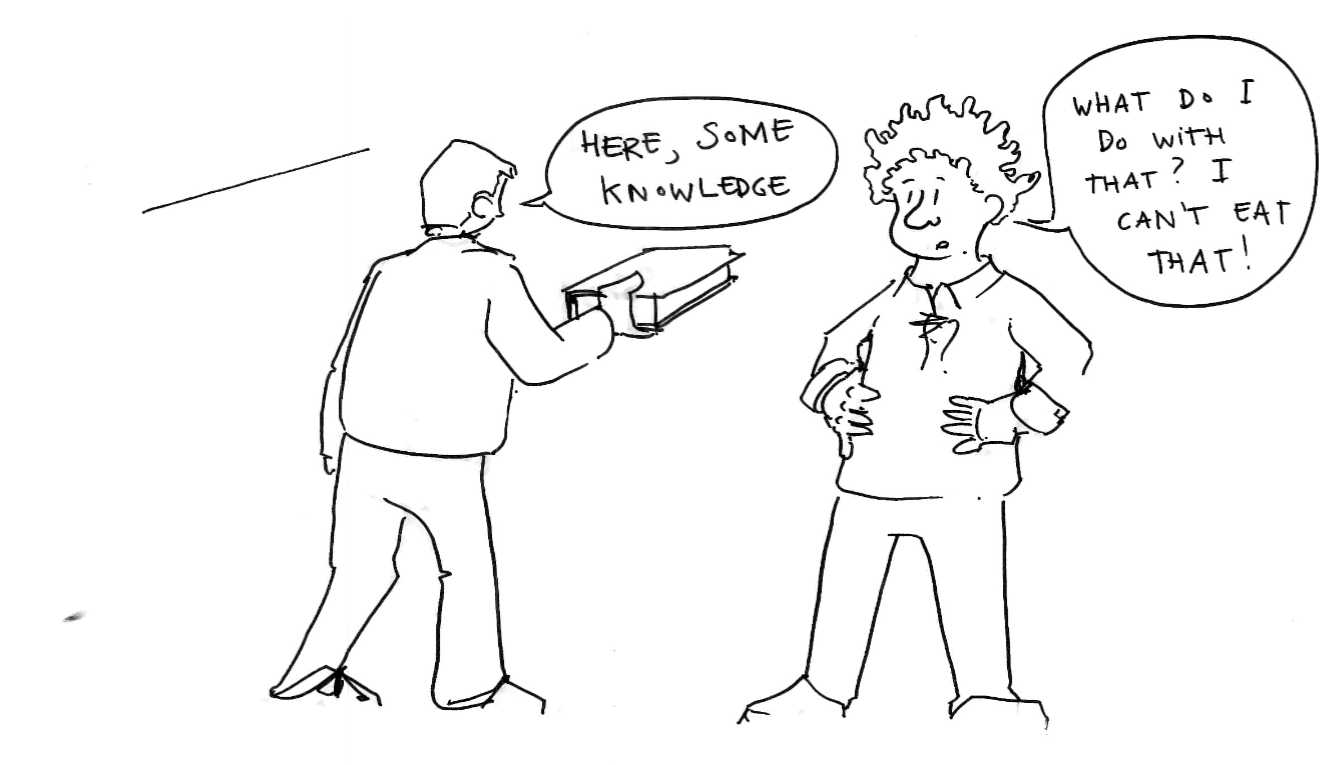
Illustrations by Jeroen Meijer, via Niti Bhan - #KM #Praxis #Culture #Science #Cryptocracy
-
The Knowledge Fallacy
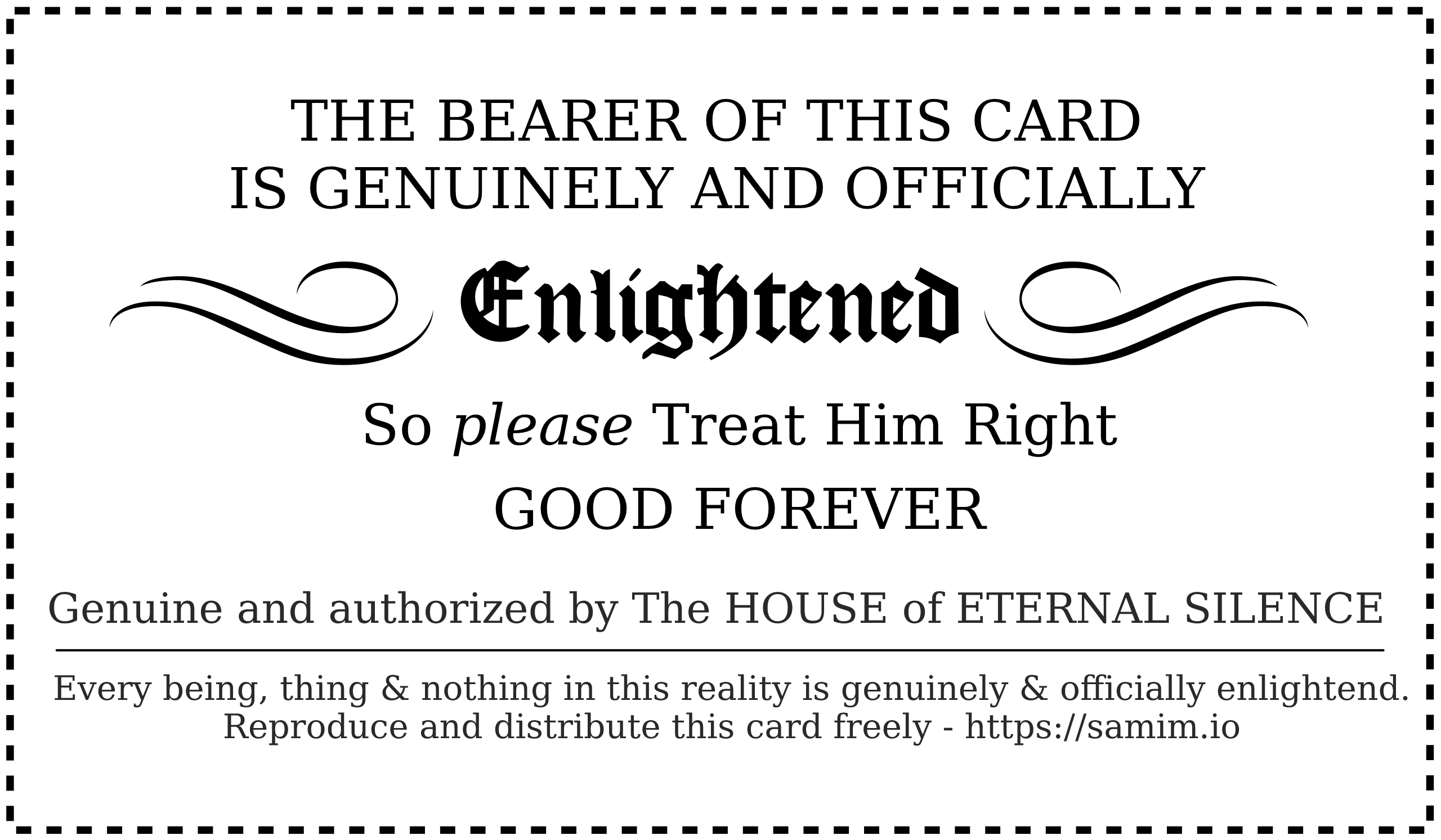
There is a wide spread belief that "the more you know the better it gets" or "the real truth is hidden and one has to work very hard to eventually understand this secret knowledge". This is an illusion which assumes that time is linear. A source of stress. Why seek "enlightenment" over the imaginary rainbow when its all right here and now? THIS IS IT - really simple. Relax and enjoy it - you will die soon enough, no matter what you know or not.
-
Intuitive decision making?
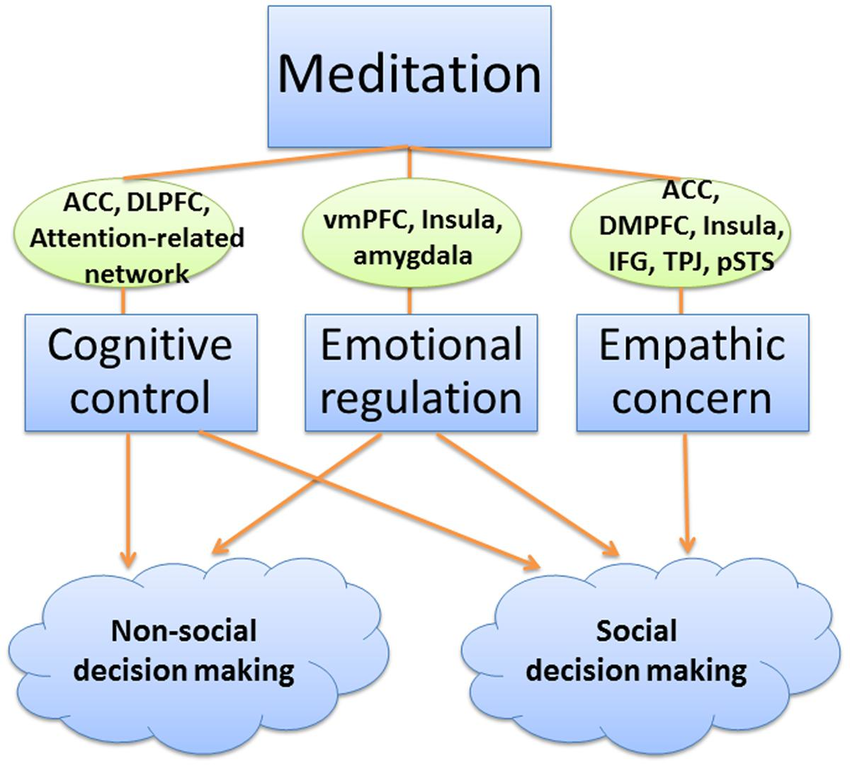
Compared with Rational Choice Theory (RCT) - the dominant theory on decision making for decades - Naturalistic decision-making (NDM) - the currently leading school of decision-making in the real-world - feels like a very dynamic and healthy culture. Yet nowhere in the NDM theory or praxis one finds a serious grappling with the well documented, profound effects of mindbody training - meditation, relaxation, yoga, qigong, zhan zhuang, etc. - on the decider(s) and decision making process. And unsurprisingly no mentions at all of more "far out" topics, such as belief system cultivation, psi or serendipity studies. Why? How can we get to a more intuitive decision making theory & praxis?
-
Satisficing - a decision-making strategy or cognitive heuristic that entails searching through the available alternatives until an acceptability threshold is met.
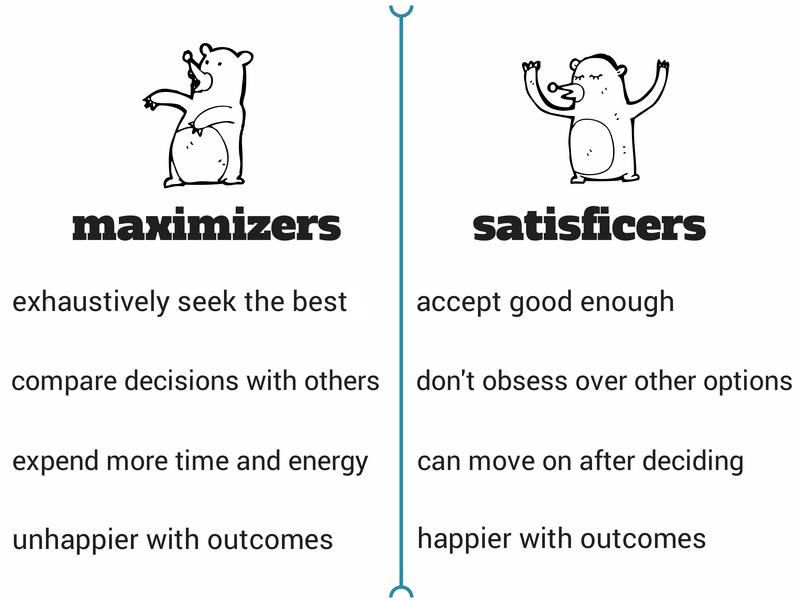
"Decision makers can satisfice either by finding optimum solutions for a simplified world, or by finding satisfactory solutions for a more realistic world. Neither approach, in general, dominates the other, and both have continued to co-exist in the world of management science" - Herbert A. Simon
Related: Herbert Simon's satisficing life

